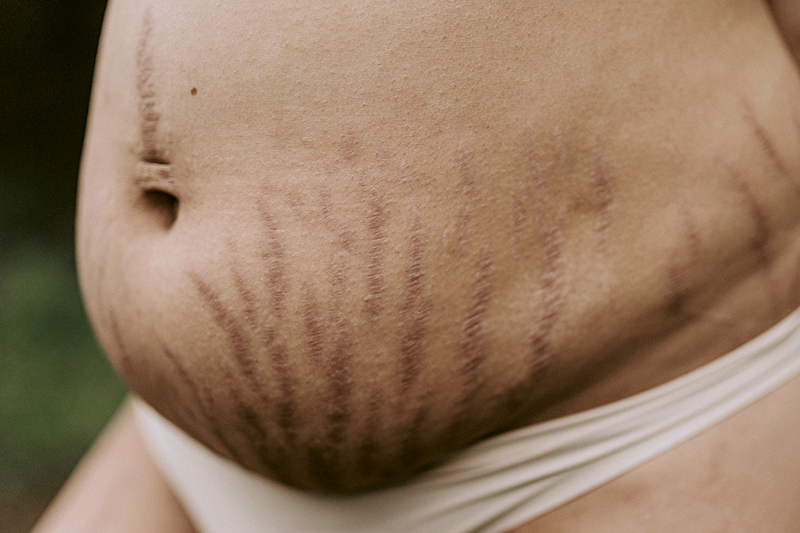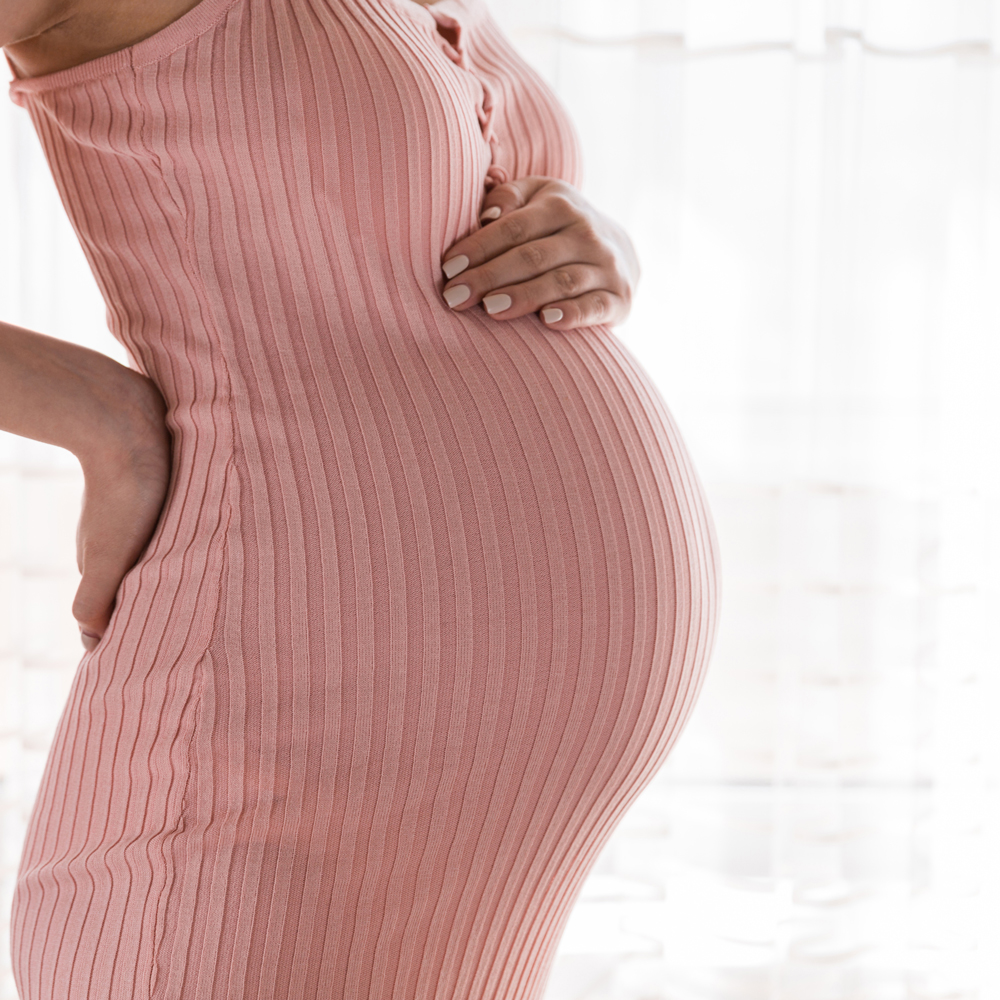What to Do if You’re Experiencing Urinary and Bowel Incontinence Postpartum

MĀMĀ Te Whetumairangi Balzer-Horo
PHOTOGRAPHY Catherine Smith @catherinesmithphotography
The saying goes: ‘Once postpartum, always postpartum.’ But that doesn’t mean you have to put up with uncomfortable or painful health complications, like incontinence, after having a baby. Help is available to support your recovery.
URINARY INCONTINENCE
Urinary incontinence is a condition where a person leaks urine when they do not want to. It is very common among females, especially those who have had a baby. Approximately one in three people who have had a child will experience incontinence and it’s not just those who have had a vaginal birth who can have bladder leakage; people who have had a C-section birth can as well.
There are two types of urinary incontinence:
- Stress urinary incontinence (SUI) is when you unexpectedly or spontaneously leak a small amount of urine when doing everyday actions such as laughing, coughing, sneezing, running, or jumping. There are many reasons why SUI can happen, such as weak or overactive pelvic floor muscles, a prolapse, urethral problems, or other causes.
- Urge urinary incontinence (UUI) is when you have a sudden, overwhelming urge to go pee and have an involuntary loss of urine, meaning you didn’t make it to the toilet in time. You may also be going to the toilet more than usual (seven or more times per day or more than once overnight).
Bladder leakage can be embarrassing for those who experience it but it does not have to be your new normal. By having an assessment with a pelvic health physiotherapist, they will determine the cause of your urinary incontinence and advise the best course of treatment for management and recovery.
Continence New Zealand is a useful resource for those with continence problems. They provide useful information, education and tips. Visit continence.org.nz for help and support.
BOWEL INCONTINENCE
Bowel incontinence is when a person leaks poo (faecal) or passes wind (flatal) involuntarily. Faecal or flatal incontinence can be a distressing occurrence but you don’t have to suffer in silence if this is happening to you; there is treatment available. If you are experiencing any bowel incontinence, book in to see a pelvic health physiotherapist for an assessment. We understand you might feel embarrassed but it’s more common than you think. We promise your physiotherapist won’t judge you. In fact, they are professionally trained to care for patients with this condition and are there to help.



